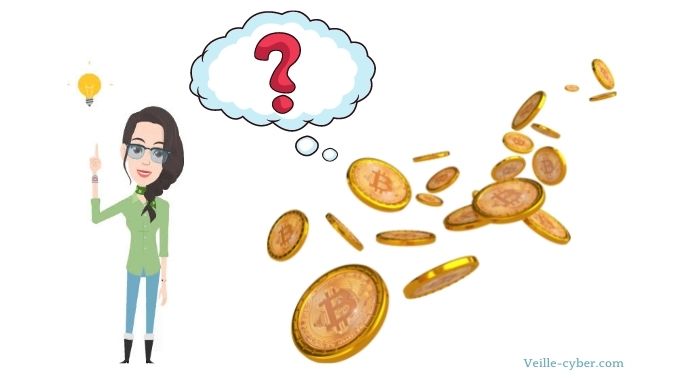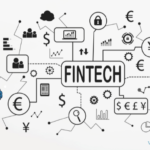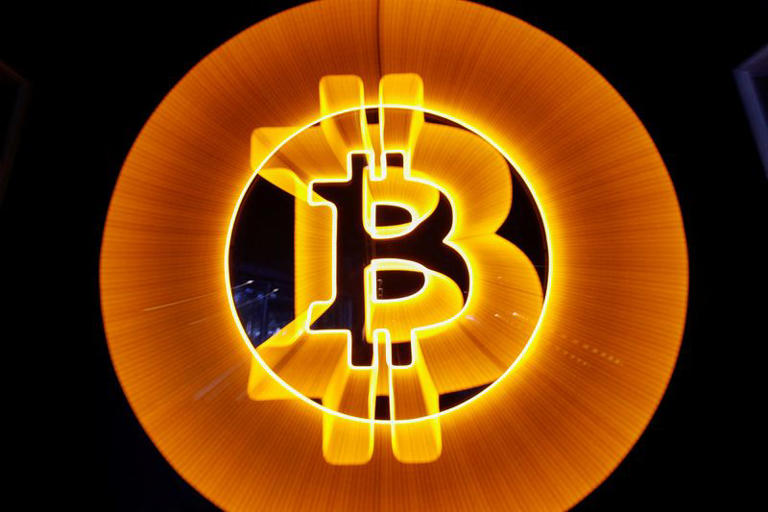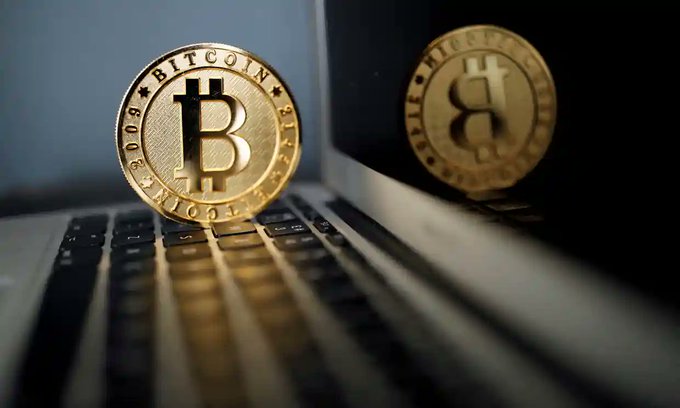Speaking at the Paris Fintech Forum in June, Francois Villeroy de Galhau, the Governor of the Bank of France, said that there is no such thing as a cryptocurrency, only crypto-assets. I understand what he means. Brett Scott, who is always thoughtful about such things, recently made a similar point. He said that just as a child trading an action figure for a football « does not undermine the Federal Reserve (which issues dollars that both are priced in) » so « swapping a dollar-priced Bitcoin collectible for dollar-priced goods does not fundamentally alter the structure of the monetary system ». Indeed it does not.
I have to say, I agree with Francois and Brett. While some people (quite rightly, in my opinion) always saw Bitcoin as more of a protest movement than as a viable alternative to Bretton Woods and some other people saw it as a way around a rotten international monetary system, I’ve been pretty consistent in my view that Bitcoin is not money but a new form of digital asset that might, in certain circumstances, exhibit money-like characteristics.
Some people go further and see it as a new dawn. In the very early days of Bitcoin, I met a number of people who saw crypto-assets as the basis for an alternative economic system, a kind of trustless base layer for a universal « internet of value » that would sweep away the sclerotic institutions of global corporatism and unleash a new wave of capitalism. These people often talked about a new gold standard, although I’m not sure why, because society had long ago decided that a gold standard was not the best way to run modern economies. I don’t see any evidence that this alternative system is emerging. On social media we see what Concoda calls » a non-stop stream of ‘freedom porn’ » from cryptocurrency fans yet in reality the crypto-asset markets are thin, opaque and manipulated.
Mots-clés : cybersécurité, sécurité informatique, protection des données, menaces cybernétiques, veille cyber, analyse de vulnérabilités, sécurité des réseaux, cyberattaques, conformité RGPD, NIS2, DORA, PCIDSS, DEVSECOPS, eSANTE, intelligence artificielle, IA en cybersécurité, apprentissage automatique, deep learning, algorithmes de sécurité, détection des anomalies, systèmes intelligents, automatisation de la sécurité, IA pour la prévention des cyberattaques.






